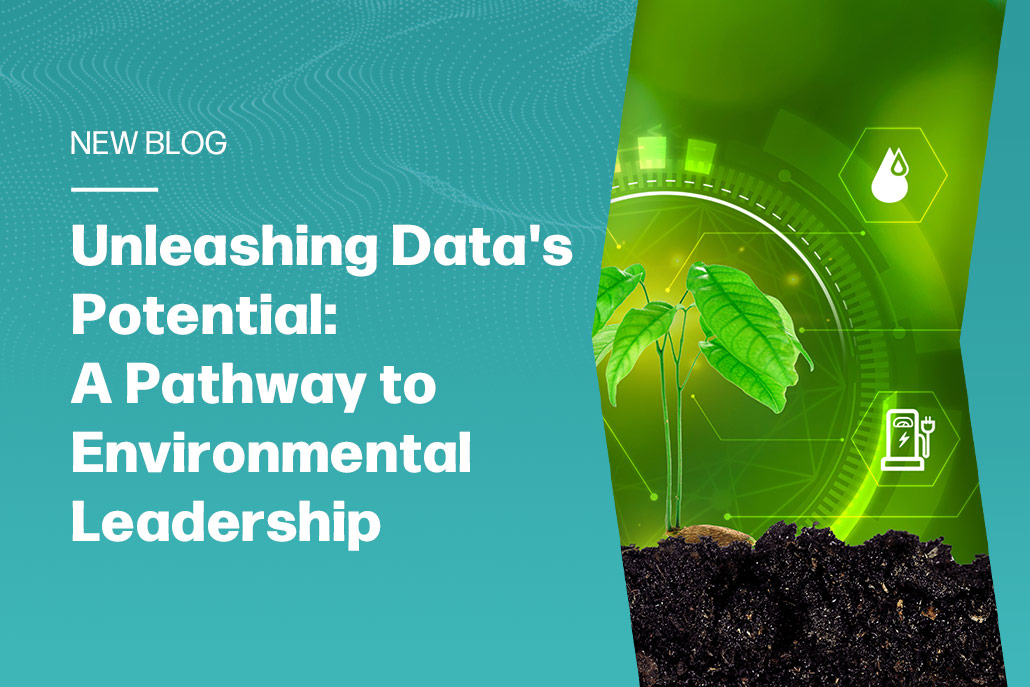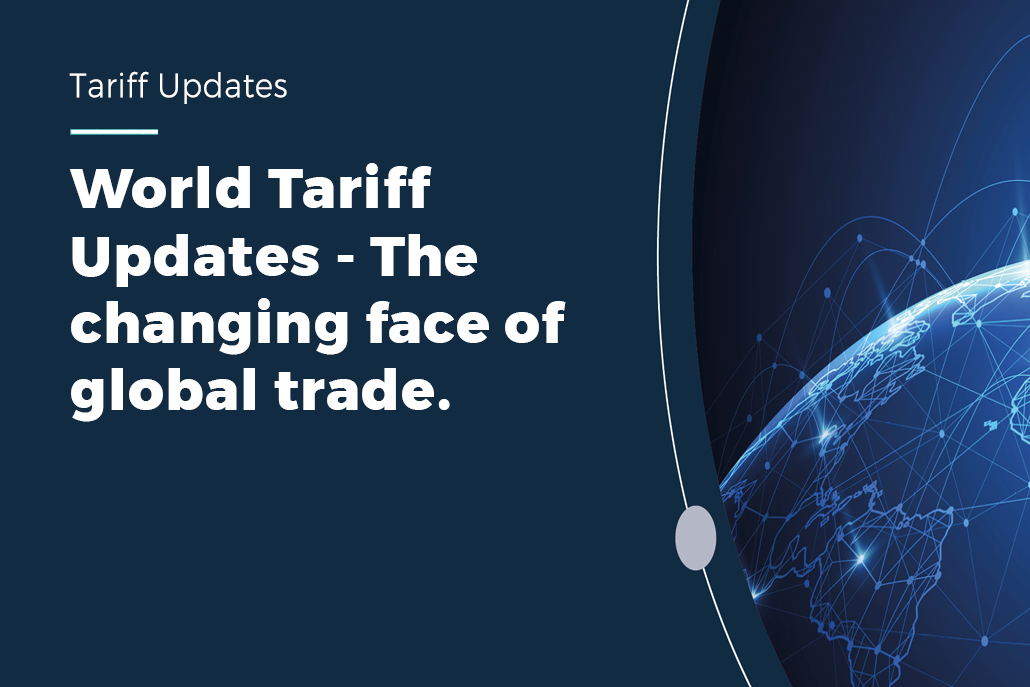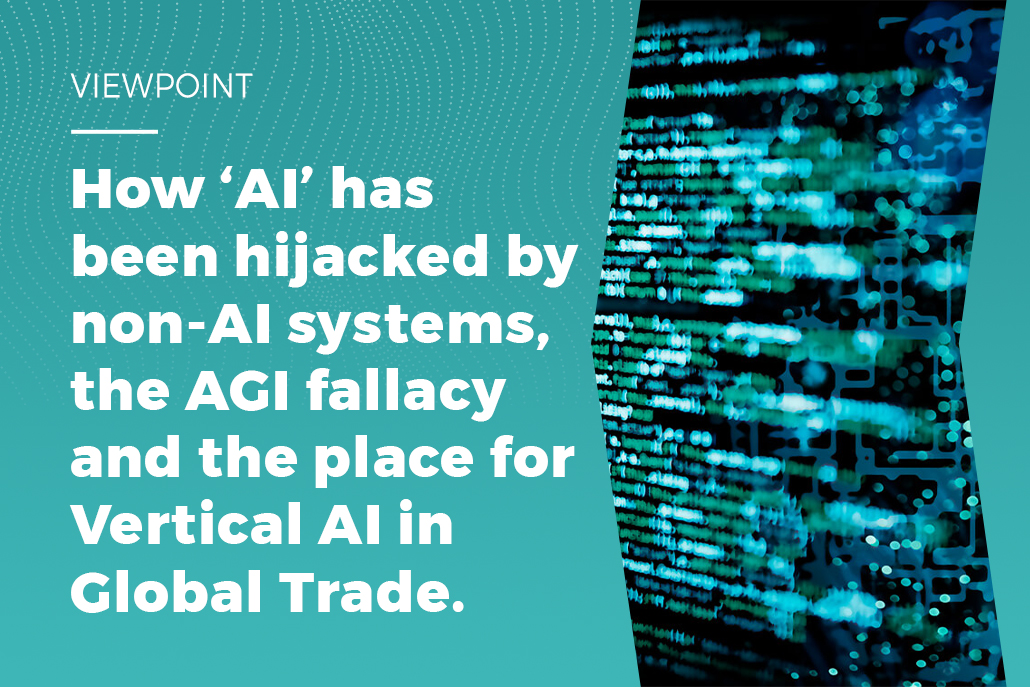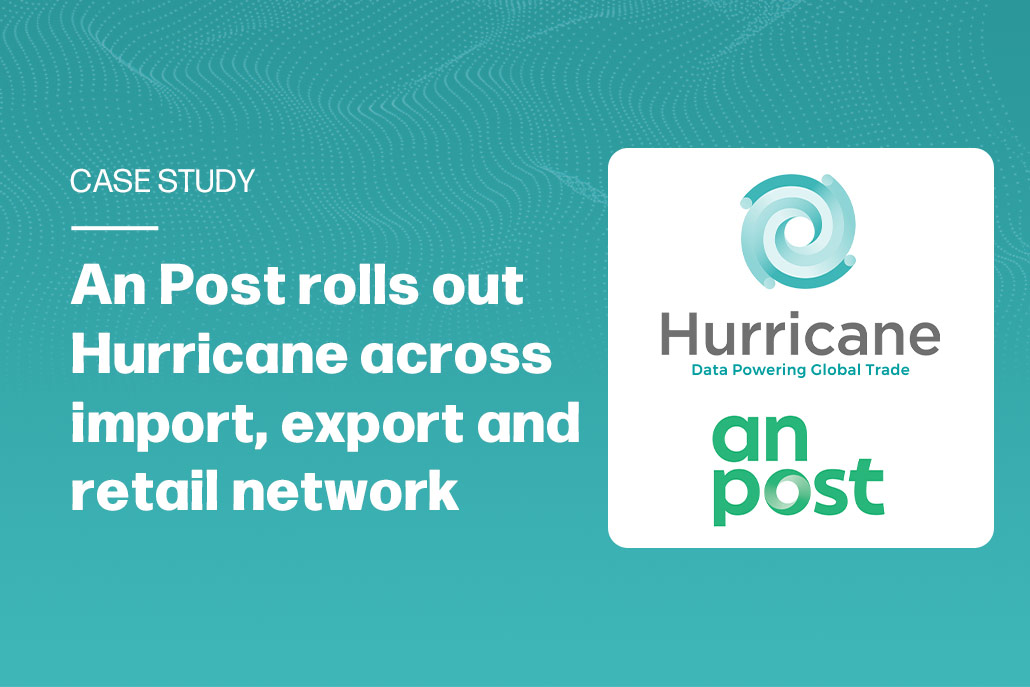
Author: Martin Palmer, Co-Founder of Hurricane Commerce, a world-leader in the provision of AI tech that powers a smooth customs flow.
In the contemporary global business landscape, data reigns supreme. It serves as the backbone of international supply chains, driving essential processes like commodity sourcing, customer identification, transportation logistics, customs clearance, regulatory compliance, and risk management.
Yet, despite its indispensable role, the pursuit of complete and accurate data remains an ongoing challenge. All too often, shortcuts and inefficiencies mar data collection and management, resulting in delays, increased costs, and missed opportunities for optimisation.
For decades, international bodies such as the United Nations, the World Trade Organization, and the World Customs Organization have grappled with the task of enhancing cross-border trade facilitation.
One noteworthy initiative in this realm is the Single Window or Single Trade Window, a global endeavour aimed at streamlining trade processes.
Defined as a platform allowing stakeholders in trade and transport to submit standardised information and documents through a unified entry point, the Single Window holds tremendous promise for boosting efficiency and transparency in global trade.
The benefits of a well-executed Single Window project are manifold. Governments stand to gain heightened revenue, improved regulatory compliance, enhanced resource allocation, and better trade statistics. For economic actors such as traders, advantages include expedited clearance times, reduced red tape, and a more predictable process.
Customs administrations, in turn, stand to benefit from increased productivity, higher revenue streams, and a more structured operational environment. At the national level, enhanced transparency and governance, coupled with reduced corruption, are among the tangible outcomes.
However, the success of such initiatives hinges crucially on the availability of complete, accurate, and timely data. Despite the evident advantages, there persists a reluctance among exporters to provide essential information at the outset of international transactions. Perhaps this is caused by difficulty in accessing tools to support international trade. From detailed goods descriptions to precise customs HS codes and values, the absence of comprehensive data not only impedes trade facilitation but also imposes a broader societal toll.
The repercussions of incomplete, inaccurate, or delayed data extend far beyond the realm of commerce. In the sphere of customs clearance, such deficiencies serve as a primary cause of delays, with shipments lacking vital information subject to prolonged processing times. Errors in commodity descriptions, misclassified HS codes, or undervalued goods can lead to seizures, returns, or even destruction, accompanied by significant financial penalties.
Moreover, the importance of data integrity extends to critical areas such as safety and security. Programs like IATA’s Pre-Loading Advance Cargo Information (PLACI), the USA’s Air Cargo Advanced Screening (ACAS), and the EU Import Control System (ICS) rely heavily on advance data to identify and mitigate risks posed by incoming goods. Leveraging data analytics, these initiatives facilitate pre-emptive action to prevent potentially hazardous shipments from departing their ports of origin.
Furthermore, data quality plays a pivotal role in Denied or Restricted Party Screening, revenue optimization, and customer satisfaction. Whether ensuring compliance with trade regulations, identifying lucrative market opportunities, or enhancing supply chain visibility, the value of timely and accurate data cannot be overstated.
As we stand at the intersection of technological advancement and environmental stewardship, harnessing the power of data holds immense potential for advancing sustainability initiatives. By leveraging data analytics, businesses can gain insights into their environmental footprint, identify areas for improvement, and devise strategies to mitigate their impact on the planet.
For example, comprehensive data on supply chain emissions empowers companies to optimise transportation routes, reduce double handling, and embrace sustainable practices. By integrating environmental metrics into their data management systems, organisations can track progress towards eco-friendly targets, bolstering their credibility as responsible corporate citizens.
The era of data-driven decision-making is upon us, offering unprecedented opportunities to advance not only economic prosperity but also environmental sustainability. By embracing a culture of data excellence and collaboration, businesses, governments, and civil society can collectively chart a course towards a greener, more resilient future.
Read more in the latest edition of ‘Trade for Prosperity‘.














